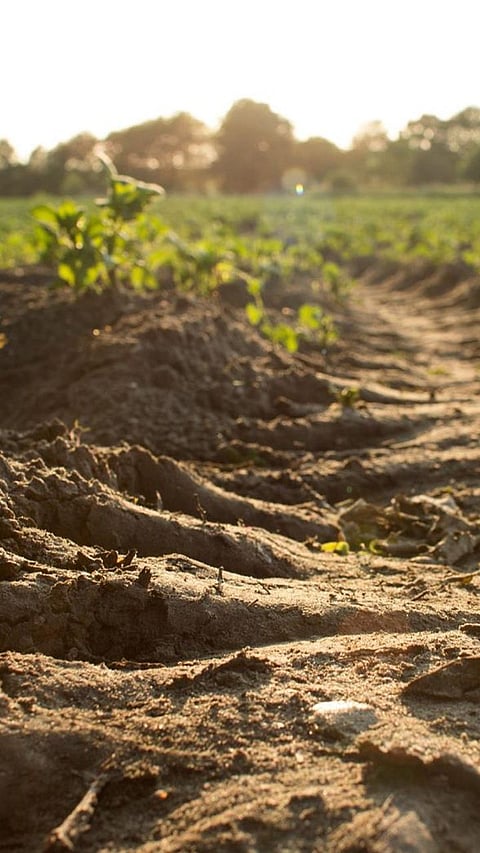Stories
9 Most Unsafe Soils for Making Kitchen Garden
Soil with high compaction: Compacted soil can make it challenging for plant roots to access and absorb nutrients, resulting in subpar growth and development.
Soil with poor drainage: Poorly draining soil can cause waterlogging and have an adverse effect on plant development.
Soil with a high pH: The availability of nutrients for plants can be impacted by soil pH, which can result in subpar growth and development.
Rocky soil: Rock-hard soil can be challenging to deal with and may lack essential nutrients for strong plant development.
Sandy soil: A soil that is too sandy may drain poorly and not hold onto enough nutrients to support a healthy plant's growth.
Clay soil: Clay-rich soil can be challenging to deal with and can cause poor drainage and waterlogging.
Saline soil: High quantities of salt in the soil can hurt plants and have an adverse effect on their growth.
Contaminated soil: Edible plants should not be grown on soil that has been polluted with heavy metals, pesticides, or other dangerous substances.
9 Most Unsafe Soils for Making Kitchen Garden9 Most Unsafe Soils for Making Kitchen Garden

